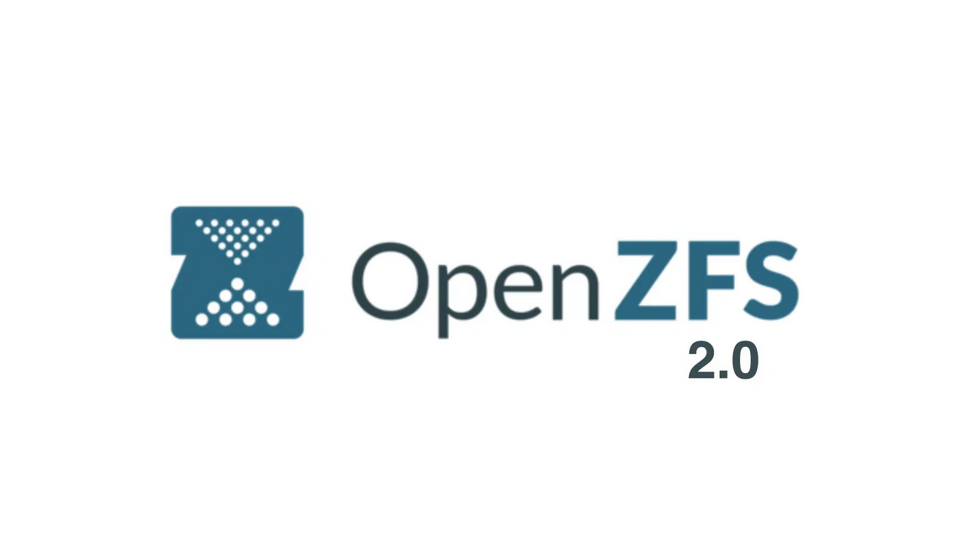

- #Openzfs postgres tuning recommendations update#
- #Openzfs postgres tuning recommendations software#
- #Openzfs postgres tuning recommendations series#
Relational database management system (RDBMS) provides some of the most important foundational component in enterprise software architecture.

Open Source Relational Database Management Systems
#Openzfs postgres tuning recommendations series#
Finally, with the Intel® Ethernet Network Adapter E810 series supporting connection speeds of 100/50/25/10GbE, database backup and restore are done at lightning speed. In addition, pairing with the Intel® 3D NAND SSD D7-P5510 that supports up to 7.68 TB per disk and Intel Optane SSD P5800X with a read and write latency of 5us and 1.5 million IOPS of random read, the 3rd Gen Intel® Xeon® Scalable platform is designed to handle the most demanding enterprise databases, from the smallest to the largest in size. This enables the database administrator to run a super large database size without requiring constant data fetching from storage or network.

With Intel 3rd Gen Intel® Xeon® Scalable processors and Intel® Optane™ Persistent Memory 200 series, a 2-socket system can support up to 12 TB of system memory.

With LVM, the new clones always are based on the latest state of the database. Postgres.ai team is very satisfied with the experience of using it running Database Labs for multi-terabyte, heavily loaded databases.Ĭompared to ZFS, the LVM module has a certain restriction: it is not possible to support multiple snapshots and allow choosing the snapshot when requesting a new clone. It is worth noting that ZFS remains the default and recommended option. LVM can be chosen as a "thin-clone manager" instead of ZFS for those who do not want to use ZFS and prefer staying on more popular file systems (ext4, xfs) in non-production environments. This was one of the most requested features after the initial launch of the public Database Lab version a month ago.ĭatabase Lab Engine is an open source technology that helps you clone non-production databases in seconds.
#Openzfs postgres tuning recommendations update#
Version 0.3 of Database Lab Engine (with a minor update to 0.3.1) adds support of LVM as an alternative to ZFS to enable thin cloning of large databases. Update: see the discussion on Hacker News! Database Lab 0.3: users can choose which "thin clone manager" to use, ZFS or LVM


 0 kommentar(er)
0 kommentar(er)
